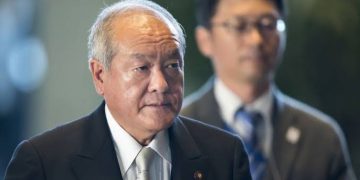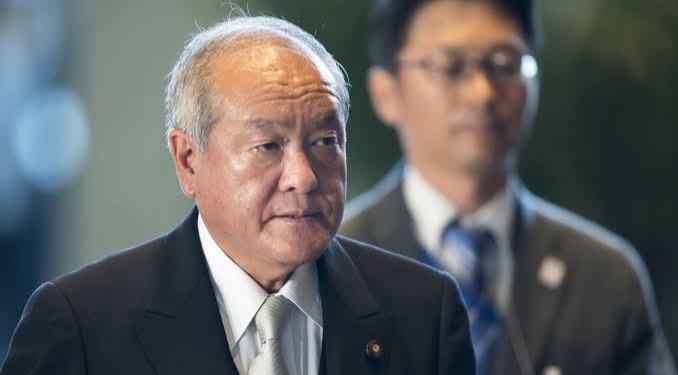By Oyintari Ben
Japanese Finance Minister Shunichi Suzuki on Monday encouraged lawmakers to pass a second supplemental budget with spending of $207 billion, primarily financed by fresh debt issuance. He pledged to steer economic and fiscal policy in a “responsible” manner.
To counteract dangers from the global economy and price increases brought on by a weak currency, Prime Minister Fumio Kishida’s cabinet has created a spending plan totalling 29 trillion yen ($207.37 billion), financed by fresh debt amounting to around 23 trillion yen.
Food and energy prices drove consumer inflation in the third largest economy in the world to a 40-year high in October, affecting consumers.
As the lower house of parliament began debating the proposal, Suzuki stated that “the atmosphere surrounding Japan’s economy remains tough.”
The global recession is also a problem, he added. “We have to get through this catastrophe.”
In the three months from July to September, Japan’s economy experienced its first decline in a year as heavy imports restrained external demand and high living expenses affected consumers.
In contrast, the US may temper its aggressive interest rate increases in the upcoming months as markets prepare for a slump and inflation may reach its high.
A strict “zero-COVID” policy in China that entails severe lockdowns has caused supply chains to be disrupted, which has made the slowdown worse.
Suzuki committed to do everything in his power to spur growth despite Japan having the worst industrial debt load, at more than twice the size of the economy.
The most recent spending plan raises the overall budgeted spending for this fiscal year to almost 139.2 trillion yen.
Government spending in Japan has increased to 1.4 times its initial projections in each of the last three years as a result of several rounds of significant fiscal stimulus intended to combat COVID-19.
As a result, in June, total public debt exceeded 1,250 trillion yen.
($1=139.8500 yen)




































